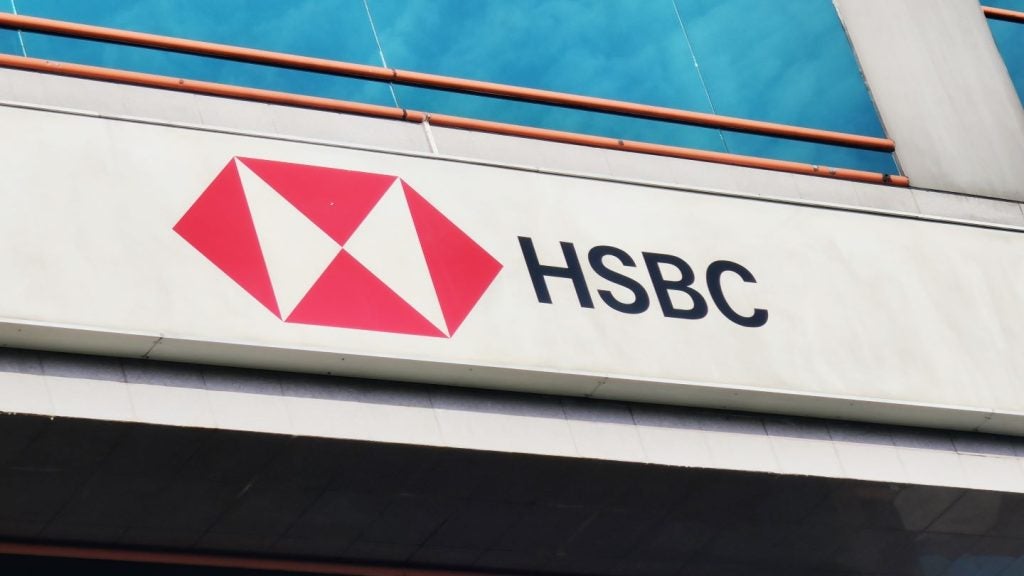
As COP28, the 2023 edition of the world’s largest climate conference, draws near, climate finance is in sharp focus. The importance of attracting investors to projects that will remove or reduce carbon is paramount if the world is to remain below the 1.5-degree global heating threshold set by the United Nations (UN).
Banks have a key role to play in this as both facilitators of loans and as large investors themselves. Two years ago, at Glasgow’s COP26, some of the largest banks and asset managers in the world formed the Glasgow Financial Alliance for Net Zero (GFANZ), which is committed to encouraging financial institutions to set climate targets and make greener investments.

Access deeper industry intelligence
Experience unmatched clarity with a single platform that combines unique data, AI, and human expertise.
Big bank CEOs were largely absent from last year’s COP in Egypt, but Abu Dhabi will bring them flocking back, according to Bloomberg.
When they arrive, they might have some explaining to do. The planet is still warming at an unsustainable rate, and emissions last year were higher than ever before. While this, of course, cannot be blamed on the banks alone, investors including big banks have been pulling money out of environmental, social and governance (ESG)-focused funds over the past year due to underperformance.
Banks also continue to overinvest in unsustainable energy. The Rainforest Action Network estimates that, between 2016 and 2022, the world’s largest 60 banks financed fossil fuel companies to the tune of $4.6trn.
Despite these issues, there are reasons to be hopeful. Climate financing surpassed $1trn last year for the first time, and banks are discussing ESG in private as well as public. Indeed, GlobalData analytics show that ESG has been the most mentioned theme in financial sector company filings over the past four years.

US Tariffs are shifting - will you react or anticipate?
Don’t let policy changes catch you off guard. Stay proactive with real-time data and expert analysis.
By GlobalDataWorld Bank
The US-dominated World Bank has also been at the centre of a tense standoff over climate finance. A proposed 'loss and damage' fund was approved at the start of this month (5 November) after a two-day meeting in Abu Dhabi where disputes arose between representatives of 'developed' and 'developing' countries.
The fund’s aim is to provide aid to nations hit by natural disasters or other climate-related losses. It will be managed by the World Bank, but there will be no instrument to force nations to pay into the fund, just “urging” of developed nations to pay in and “encouraging” of developing ones. This solution is unlikely to be adequate, however, and will only be able to act reactively rather than pre-emptively.
One of the possible roles the World Bank could play in aiding the climate transition is supporting the infrastructure for private investors in developing countries, Carmen Nonay, a director at the World Bank’s Independent Evaluation Group, has suggested on X.
Our signals coverage is powered by GlobalData’s Thematic Engine, which tags millions of data items across six alternative datasets — patents, jobs, deals, company filings, social media mentions and news — to themes, sectors and companies. These signals enhance our predictive capabilities, helping us to identify the most disruptive threats across each of the sectors we cover and the companies best placed to succeed.






